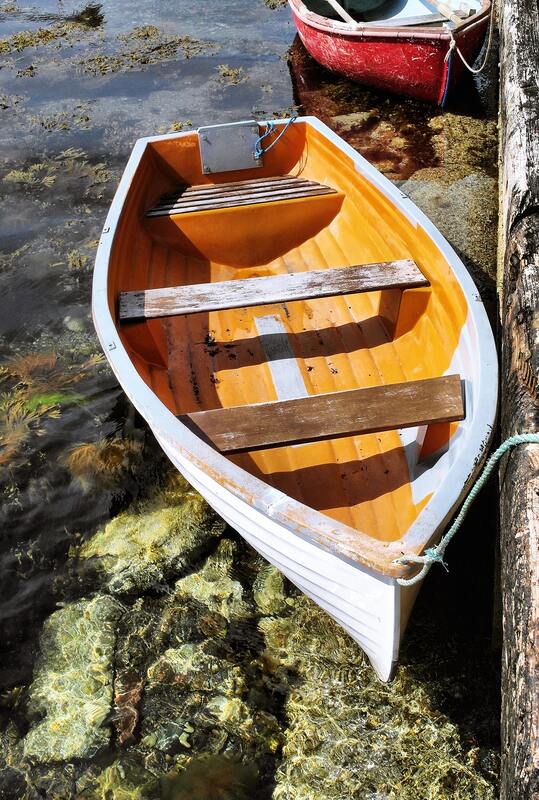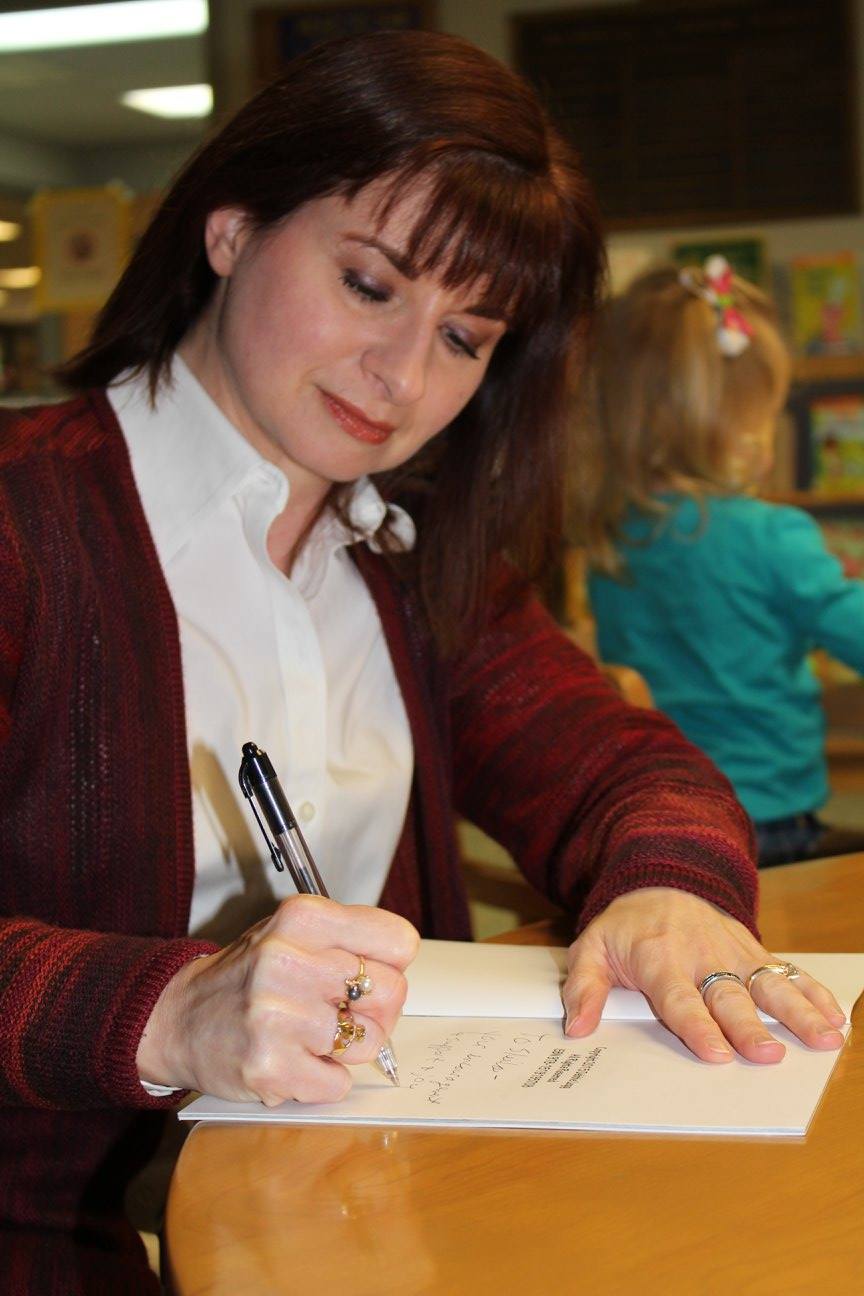 Photo by Andrew Buchanan on Unsplash An American businessman was walking along the pier of a small, coastal, Mexican village. The heat of the day was still a ways off, and the smell of fish was strong. He noticed a small fishing boat docked, with one fisherman and several large, yellow fin tuna. “Bet that took a bit to make that haul,” said the businessman. “Only a little while,” the fisherman replied. “Why didn’t you stay out longer and catch more?” “This is all I need for my family today.” “What do you do when you’re not fishing?” “I sleep late, fish a little, play with my children, take a siesta with my wife, and in the evenings I stroll to the village where I sip wine and play guitar with my amigos.” The businessman smiled and said, “I have an MBA from Harvard and I can help you. What you need to do is stay out a little longer and catch a few more fish each day. Then, with your profits, you can buy a bigger boat. Bigger boat, even more money, and you can buy a whole fleet of boats. You could open your own cannery, control distribution, and eliminate the middle man. Of course you’d have to move to Mexico City, then eventually on to LA and New York City, but your empire would continue to grow.” The fisherman was curious. “And how long would that take?” “Maybe fifteen to twenty years.” “What then?” “Then you can sell your empire and make millions of dollars.” The fisherman raised his eyebrows. “Millions. Then what?” “That’s the best part! You can retire, and move to a small coastal village where you can sleep late, play with your children, take siestas with your wife, and stroll to town where you can sip wine and play guitar with your amigos.” I first read the Mexican Fisherman story in Courtney Carver’s blog, Be More With Less. She tells how this story changed her life, causing her to rethink her possessions and priorities and make choices that have given her a life she loves. I love the way she summed up her take away, “Live small so you can live big.” I’ve benefited from this story, and this lesson as well, in my own pursuit of a life of simplicity and significance. But it’s not the only lesson I learned. I decided to go into the motivations of these men, and what I believe is going on in that deeper level has to do with fear, trust, and different beliefs in the way life works. Let’s climb into their heads. “You could retire,” the businessman explained. “I already have a life I don’t need to retire from,” said the fisherman. “Yes, but, what if? What if you go out to fish one day and there’s no more tuna? What if your boat gets damaged? What if your wife or children get sick and you can’t afford their care and they die? If you have cash, you have choices, control, and security.” Security, or the lack of it, that’s the key. It’s human nature. When I think about not having what I need, even as simple a thing as toilet paper during a pandemic, I can start to feel panicky, anxious, and even fearful. Fear is the motivation of the businessman here, specifically fear of never enough. This fear is based on the belief that there’s only one pie and it’s only so big, so there can’t be enough for everyone. It’s called a scarcity, or lack mindset. There tend to be two reactions to a scarcity mindset. The first is a poverty mentality. That says there will never be enough, and I can’t do anything about it, so why try. The second is a greed mentality. There will never be enough, so I’m going to get all I can. In this instance, the greed mentality is driving this businessman. But the fisherman has an abundance mentality. Listen to his answers to the “What If” questions. “If there’s no more tuna, I’ll fish for something else, or I’ll find a different job. If my boat is damaged, my amigos will help me. They always do, just as I help them. And if my wife or kids get sick and die, I will grieve deeply, but I will have no regrets, because I poured my heart and soul into them. You can keep your cash. I already have choices, control, and security.” An abundance mindset believes there’s always more available. It doesn’t matter how big the pie is because there are always more pies coming. The fisherman is motivated by trust in his people, his own creativity and capability, in the process of growth, and that there will always be enough. Where does that leave us? First, are all businessmen motivated by fear and greed and all fishermen trusting in abundance? Not a chance. Is the businessman the bad guy and the fisherman the good? Nope. Is the businessman foolish and the fisherman wise? Not necessarily. Human beings and our belief systems are not an either/or, better or worse, proposition. There’s a spectrum, and our place in the spectrum can change with new information. The fisherman considered the businessman’s advice and came to his own conclusion. “I have all I need, but I see your point. If I take a little more time and effort, catch an extra tuna or two, I could save that money and be prepared when trouble does come. And if it doesn’t, I can buy guitars for my amigos.” The businessman was equally influenced by the fisherman’s choices. “I see your point. What good are my riches if I don’t have anyone to share them with? I’ll place less value on my finances and more on my family and friends.” Both men engaged with each other, listened without judgment, considered the other’s information, and grew wiser. Did they live happily ever after? No. But they did live their lives with more wisdom, fulfillment, and abundance.
0 Comments
|
Applying nature's principles and systems to personal and cultural development.About CommentsI love to read comments and know how my work is helping you. Please respond with your first AND last names. Anonymous comments will not be read and may be deleted.
Archives
July 2022
Categories
All
|

 RSS Feed
RSS Feed